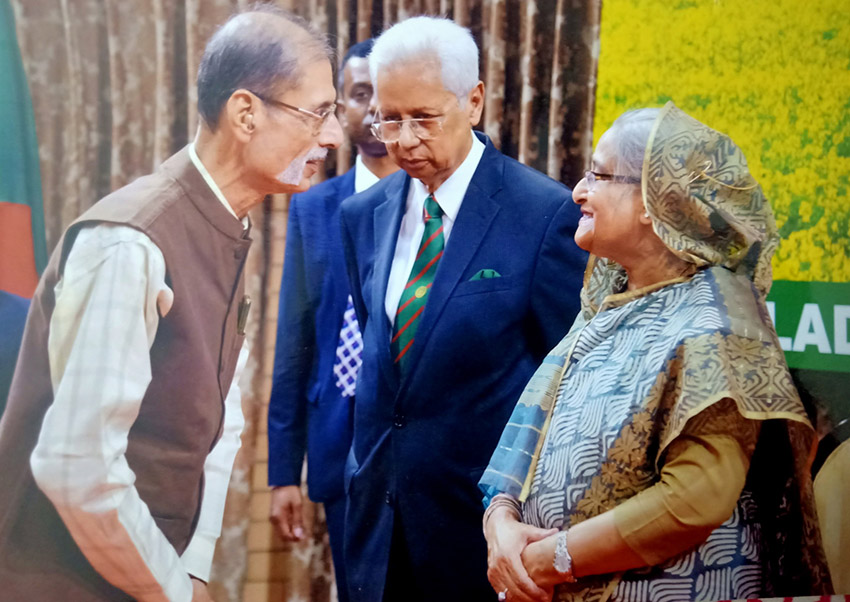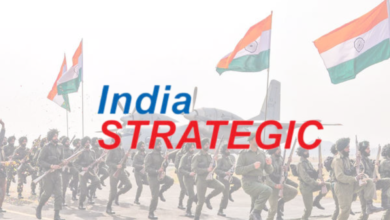On My Bangladesh@50
By Mahendra Ved
New Delhi, April 4. On this day 50 years ago, I arrived in Dhaka on a posting as Chief of the Bureau of United News of India (UNI). It deeply impacted my professional career and my life. What I learnt in the 22 months that followed, I would not have in ten years.

In accepting this posting, I had given up a job offer and surprised/disappointed some well-wishers who did not think Bangladesh was a “hot’ enough” posting for someone not from the region. Indeed, I was making my first trip to Calcutta en route to Dhaka. One of them gave me a ‘dictionary’ of a dozen Bangla words, no more, to find my way to the people and the place.
The flight to Tejgaon (the present airport was far away into the future) was for 23 short minutes. My task began on board with filmmaker B R Chopra with his wife and Dr Jagat Murari, Director, Film and Television Institute of India (FTII). He said: “Don’t you know the India-Bangladesh Film Festival starts tomorrow?” That was the first assignment I gave myself. My report in ‘Screen’, the film weekly, which Chopra graciously carried back to Bombay, won me my first banner headline, and Rs 250 remuneration. I was to report on Bangladeshi films and film stars and even ‘star’ for one night in a local film.
This was the ‘softest’ landing I could get. In the next few months, I witnessed a famine with starvation deaths and destitute climbing up to my first-floor office/residence for food. Floods followed it – enormous tasks to handle for Bangabandhu Sheikh Mujibur Rahman leading a young nation, exuberant but still ill at ease with its new identity and braving deep political and economic conflicts.
In the next few months, I was to witness, and report, the descent into a crisis that began with his assassination. It was a foreign-backed conspiracy, probably a part of the Cold War politics that few want to talk about in the changed times. For the next six years, internal conflict itself caused some 23 uprisings. Again, a no-no today. Fine. People must move on.
Although my PTI rivals sent South Indians to Dhaka, two Indian High Commissioners, both venerable, Subimal Dutt and Samar Sen, quizzed me on how I was working without knowing Bangla. Of course, I had support from colleague Syed Deedar Bakth. On my own, I went well beyond the dozen-word dictionary, picking up the lingo at the Jatiya Press Club and being among friends, playing table tennis (they call it ping pong) and savouring “lebu-cha,” lemon tea.
There was enough to learn at cultural events and musical soirees that were like ‘tutorials’ for me on the East of the Subcontinent. My quest was made easy and appreciated by Bangladeshi people who were warm and welcoming. That was palpable when I got married, brought the bride to Dhaka, and we were welcomed into many homes.
My Bangladesh posting was like a Bollywood film – informing, educating and entertaining – with episodes sweet and sour. The only thing missing was a happy ending. My brave better half and I did not mind the risks involved. But the Emergency in India and Martial Law in Bangladesh made my work difficult and in terms of stories that were censored at both ends and delayed, unproductive.
Half a century down memory lane, I think my only foreign posting as a journalist (a few more did not materialise) was worth it. I can take a toast on “lebu-cha.”





